The words “Kremlin” and “Moscow” seem inseparable. The Moscow Kremlin is one of the main symbols of Russia and it attracts millions of tourists annually. However, all Russian cities used to have a kremlin, as this word means “a wooden fortress” – something indispensable in the old times. Sputnik guides you through the spectacular sight of kremlins all over Russia.
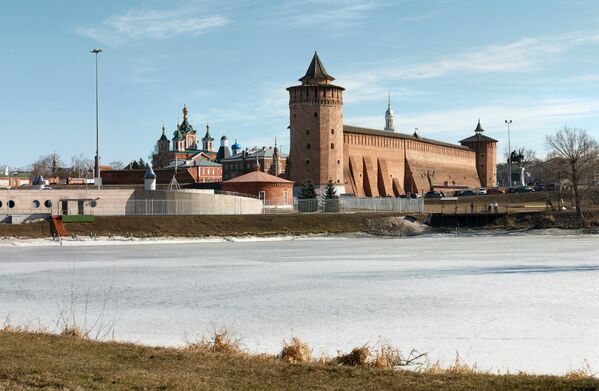
The city of Kolomna was established in the 12th century. Originally, its fortifications were made of wood. Another kremlin was built from bricks in the 16th century.
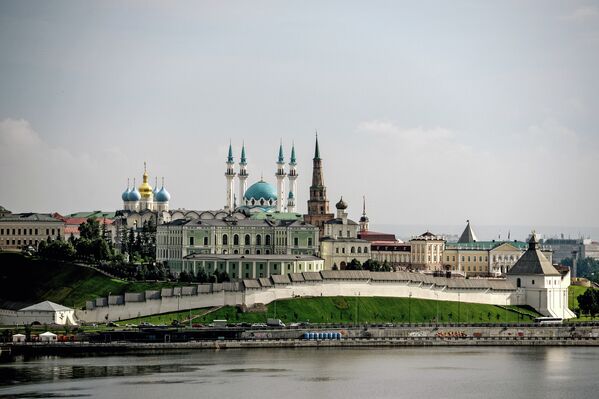
The Kazan kremlin has a long history of construction – it was only finished at the end of the 20th century.
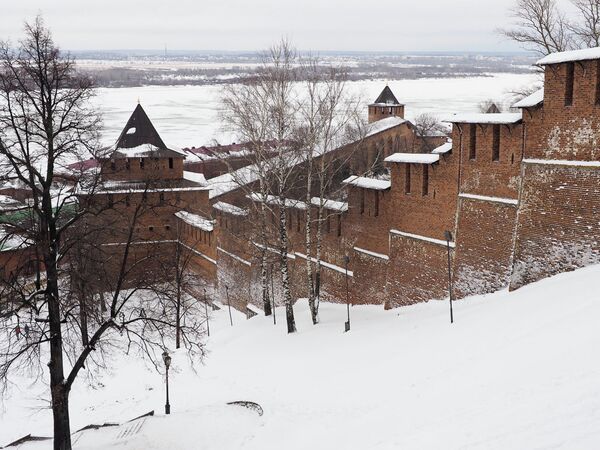
Nizhny Novgorod was founded in 1221 at the junction of the Volga and Oka rivers. The town’s fortress, erected in the 16th century, has never been seized.
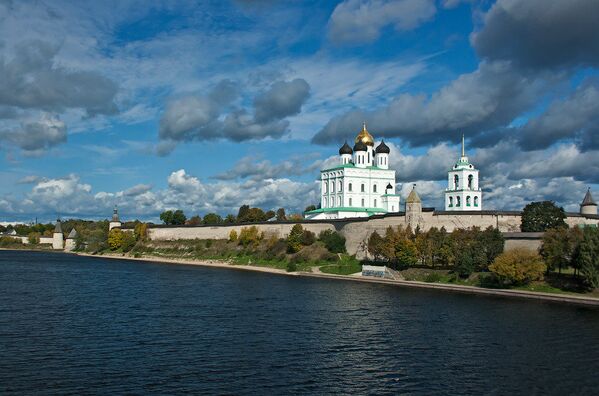
4/20
© Sputnik / Ilya Bogachev
Pskov ranks among the oldest Russian cities, as it was mentioned for the first time in 902. The town, situated on Russia’s western borders, performed a crucial defensive role. Its first stone fortifications emerged in the 13th century.
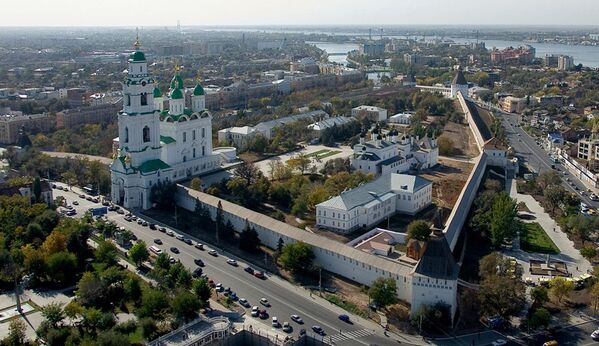
Astrakhan used to be the residence of the Mongolian khans. The city’s kremlin was erected in the 16th century.
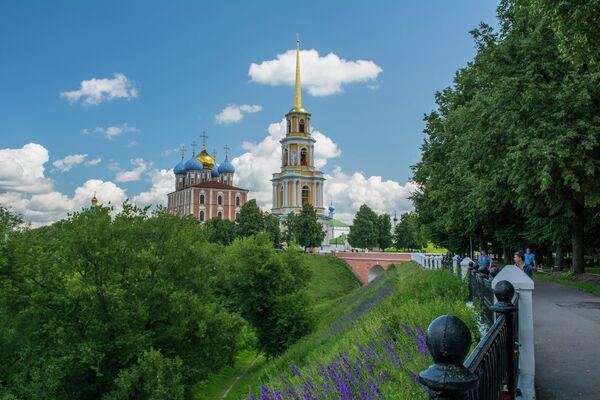
The history of Ryazan has been traced back to the 11th century. Some 300 years later, the town became the capital of the Duchy of Ryazan.
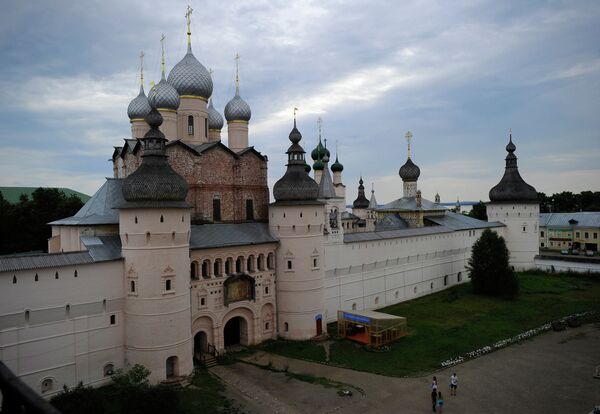
The Rostov kremlin comprises the metropolitan’s palace and a bell tower, among other buildings.
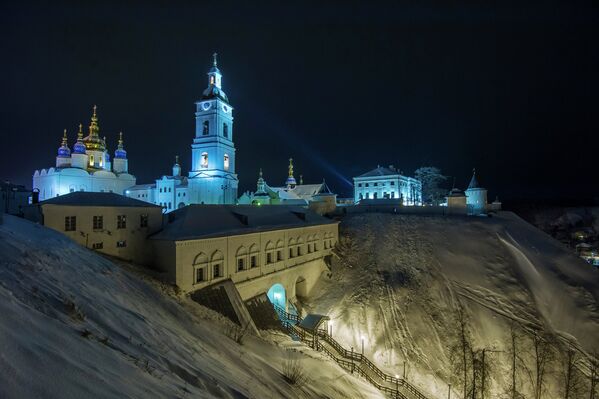
The town of Tobolsk, established in 1587, is home to the only stone kremlin in Siberia.
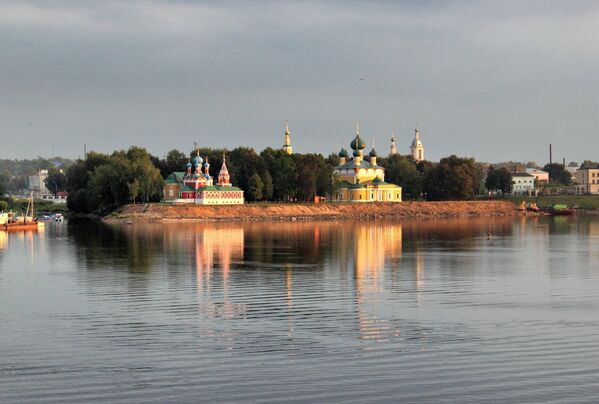
The kremlin of Uglich on the Volga’s right bank was under construction during various periods during the 15th-19th centuries.
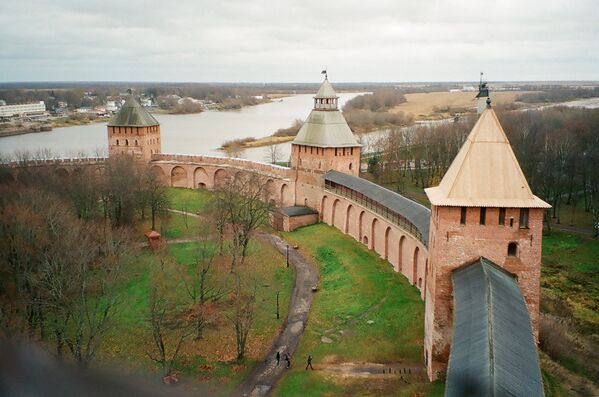
The history of the city of Veliky Novgorod can be traced back to 859, and is associated with the origin of Russia’s statehood. The local kremlin’s defensive wall and nine towers have survived until the present day.
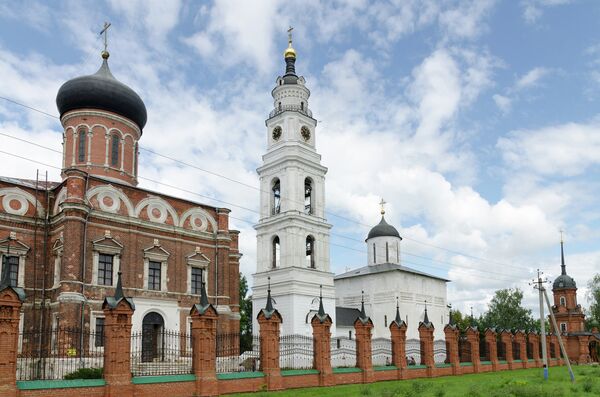
Volokolamsk was established in 1135 and is therefore the oldest town in the Moscow Region. Its wooden kremlin was burnt and partially reconstructed in stone.
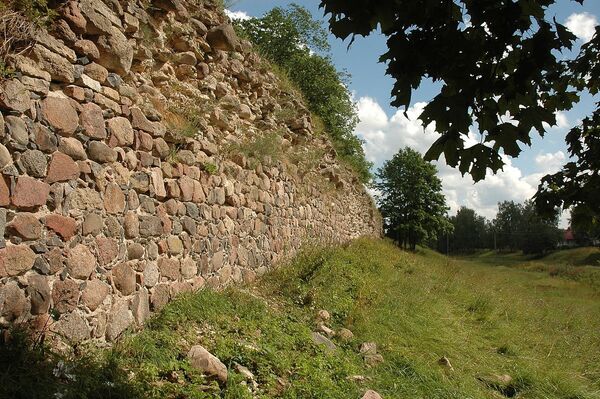
Together with Pskov, the town of Gdov defended the country’s borders in the north-west.
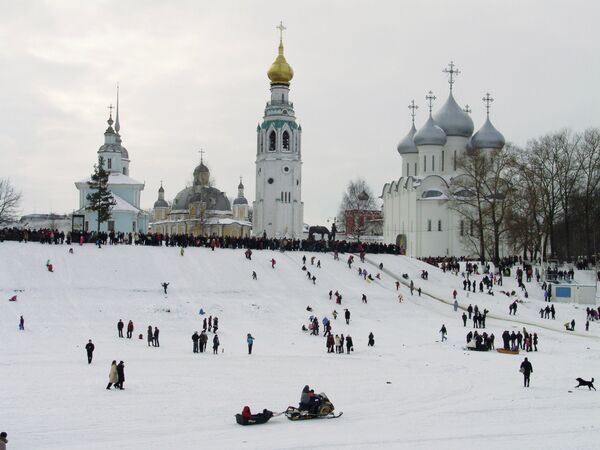
The construction of a stone kremlin began in Vologda in the second half of the 16th century.
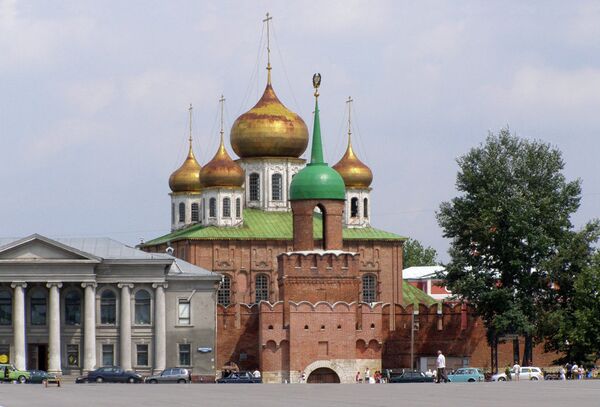
The Tula kremlin has never surrendered. Its stone fortifications were built at the beginning of the 16th century at the order of Vasili III, the Grand Prince of Moscow.
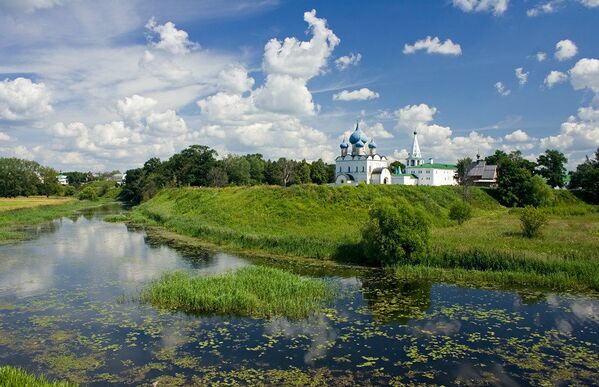
15/20
© Sputnik / Ilya Bogachev
Suzdal's first buildings appeared in the 10th century. The town received a wooden fortress a hundred years later.
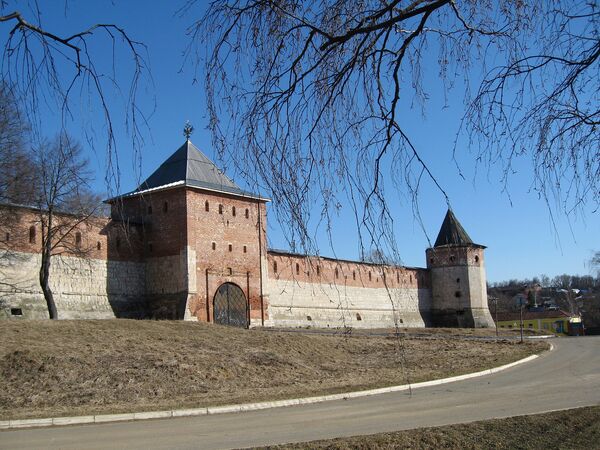
16/20
© Flickr / Grigory Gusev
The kremlin of Zaraysk used to fend off the attacks of Crimean Tatars. After the Moscow Duchy expanded, the fortress lost its defensive role.
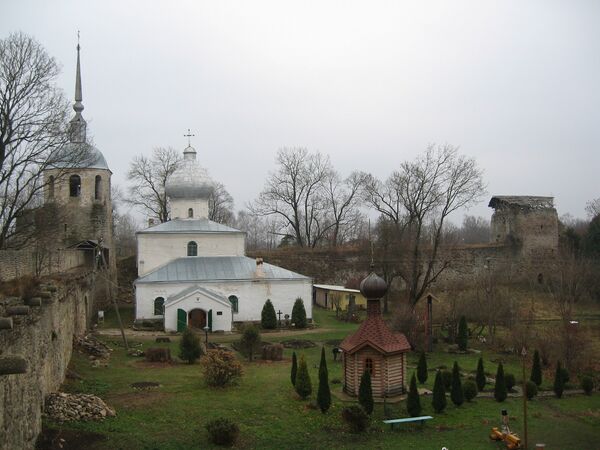
Three towers and walls are what are left from the pentagonal fortress of Porkhov, built at the end of the 14th century. It preserved its military significance until 1764.
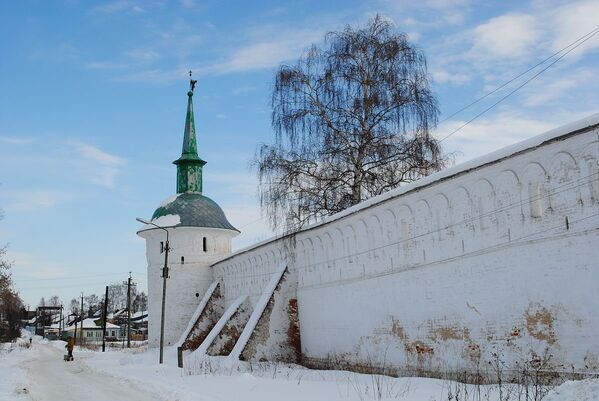
The Alexandrov kremlin is the oldest country residence of a Moscow sovereign. A stone fortress was erected in the 16th century featuring a splendid palace – no wonder why rulers liked it so much!
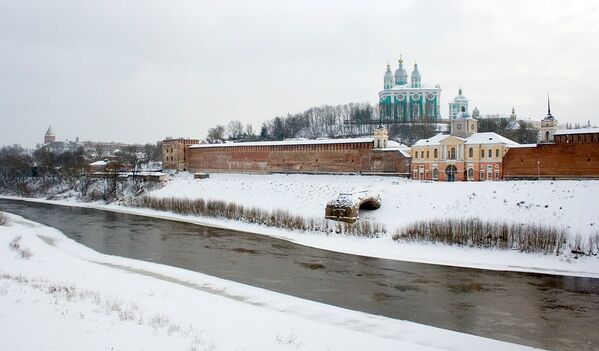
19/20
© Sputnik / Ilya Bogachev
The Smolensk kremlin bore the brunt of numerous attacks, as the city was regarded as the key to Moscow. Napoleon’s army destroyed a major part of the fortress while retreating from Russia in 1812.
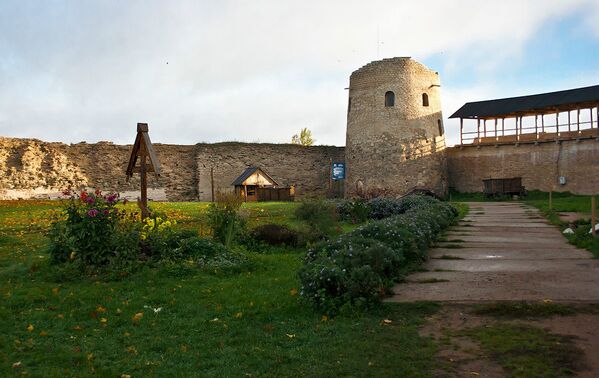
20/20
© Sputnik / Ilya Bogachev
The Izborsk fortress is depicted in one of the pictures of Nicholas Roerich, a famous Russian artist, traveler and philosopher of the 20th century.

